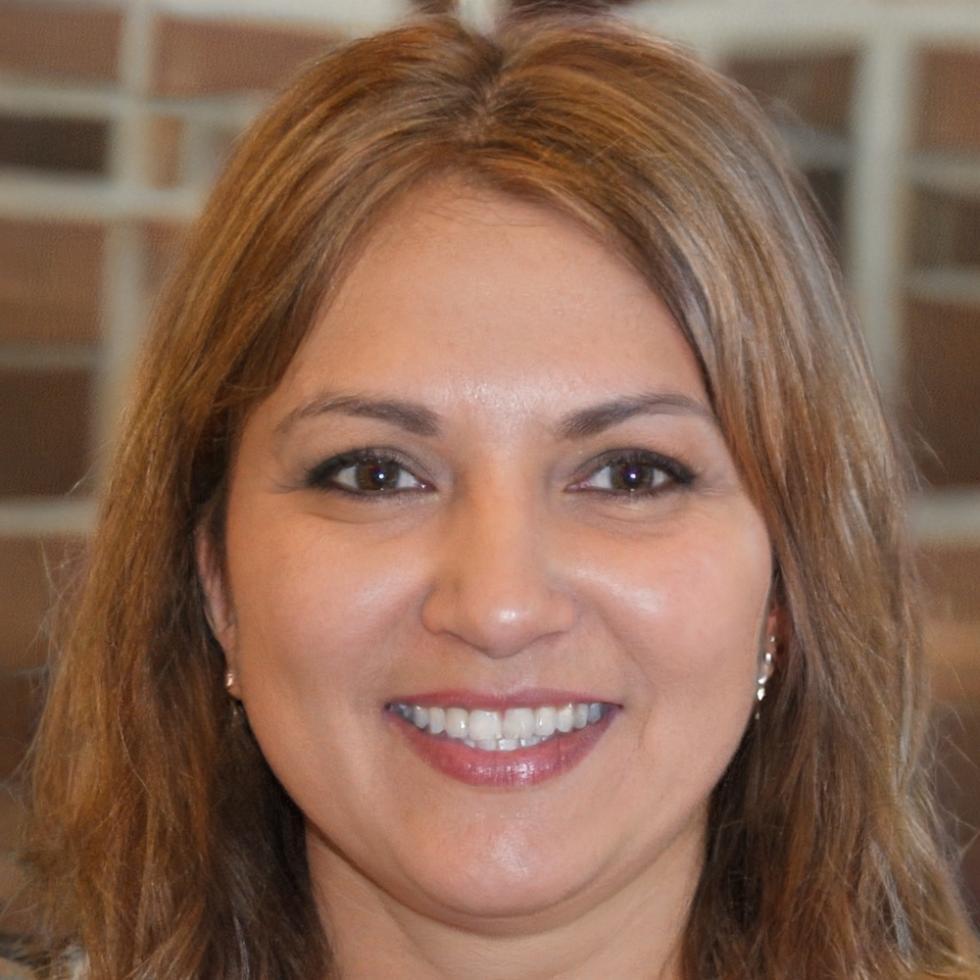Financial Analysis Training for Real Business Decisions
Running a business in Australia means making tough calls with incomplete data. Most courses teach you formulas. We teach you how to ask better questions about your numbers.
Our autumn 2025 intake starts September 15th. You'll spend twelve weeks learning what actually matters when your accountant drops a pile of reports on your desk.

What You'll Actually Learn
We don't promise you'll become a CFO overnight. But you will understand your cash flow statement without calling someone for help. And you'll know when something looks wrong in your P&L.
Reading Financial Statements
Most business owners skip past the numbers because they seem like gibberish. We break down balance sheets, income statements, and cash flow reports so you can spot problems before they become emergencies.
Ratio Analysis That Makes Sense
Forget memorizing thirty different ratios. We focus on five metrics that matter for small to medium businesses. You'll know if your margins are healthy and whether you're carrying too much debt.
Forecasting Without Fantasy
Planning next year's budget shouldn't involve guessing. We teach simple projection methods based on your historical data. No crystal ball required.
Cost Behaviour and Pricing
Understanding fixed versus variable costs changes how you price your products. We work through real scenarios from retail, services, and manufacturing businesses.
Investment Decisions
Should you buy that new equipment or lease it? Expand into a new market or consolidate? We cover decision frameworks that help you think through these questions systematically.
Risk Assessment
Every business faces uncertainty. We look at how to quantify risks in your financial planning and when to trust your gut versus the spreadsheet.
How the Program Works
We meet online twice a week for three months. Tuesday evenings at 7pm and Saturday mornings at 9am. Each session runs ninety minutes. You'll need another three to four hours weekly for homework and case studies.
Classes start September 15, 2025 and run through December 6th. We take a break during Melbourne Cup week because nobody pays attention anyway.
You get access to our recorded sessions for six months after the program ends. Some people rewatch the cash flow module two or three times before it clicks.
Weeks 1-3: Foundation
Financial statement structure, basic accounting principles, and getting comfortable with spreadsheets if you're rusty.
Weeks 4-6: Analysis Tools
Ratio analysis, trend identification, and comparative analysis. This is where you start seeing patterns in your own business numbers.
Weeks 7-9: Planning and Forecasting
Building realistic budgets, scenario planning, and understanding seasonal variations in your business cycle.
Weeks 10-12: Strategic Applications
Investment evaluation, pricing strategies, and putting everything together in a final project based on your actual business situation.
Who's Teaching This
Our instructors have worked in finance roles at real companies. They've made mistakes, fixed problems, and understand what actually happens when theory meets reality.

Callum Thorsby
Program Director
About Callum
Callum spent fifteen years as a financial controller for manufacturing companies across Queensland and New South Wales. He's seen businesses nearly collapse from cash flow mismanagement and others thrive because someone finally understood their unit economics.
He started teaching after getting tired of watching capable business owners make preventable mistakes with their finances. His approach is practical rather than academic. He cares more about whether you can read your quarterly reports than whether you remember every accounting standard.
He brings case studies from companies he's worked with directly. You won't get theoretical examples from textbooks. You'll see actual decisions businesses faced, what they chose, and how it worked out.

Reuben Ashford
Former CFO for retail chains. Reuben teaches the forecasting modules and brings real experience managing seasonal businesses with unpredictable demand patterns.

Petra Vaughan
Financial analyst specializing in small business turnarounds. She handles the risk assessment module and knows what warning signs to look for in financial reports.
Applications Open July 2025
We cap enrollment at twenty-five participants to keep discussion groups manageable. If you're interested in the September intake, get in touch now. We'll send you the full curriculum outline and answer questions about whether this suits your current knowledge level.
Contact Us About Enrollment